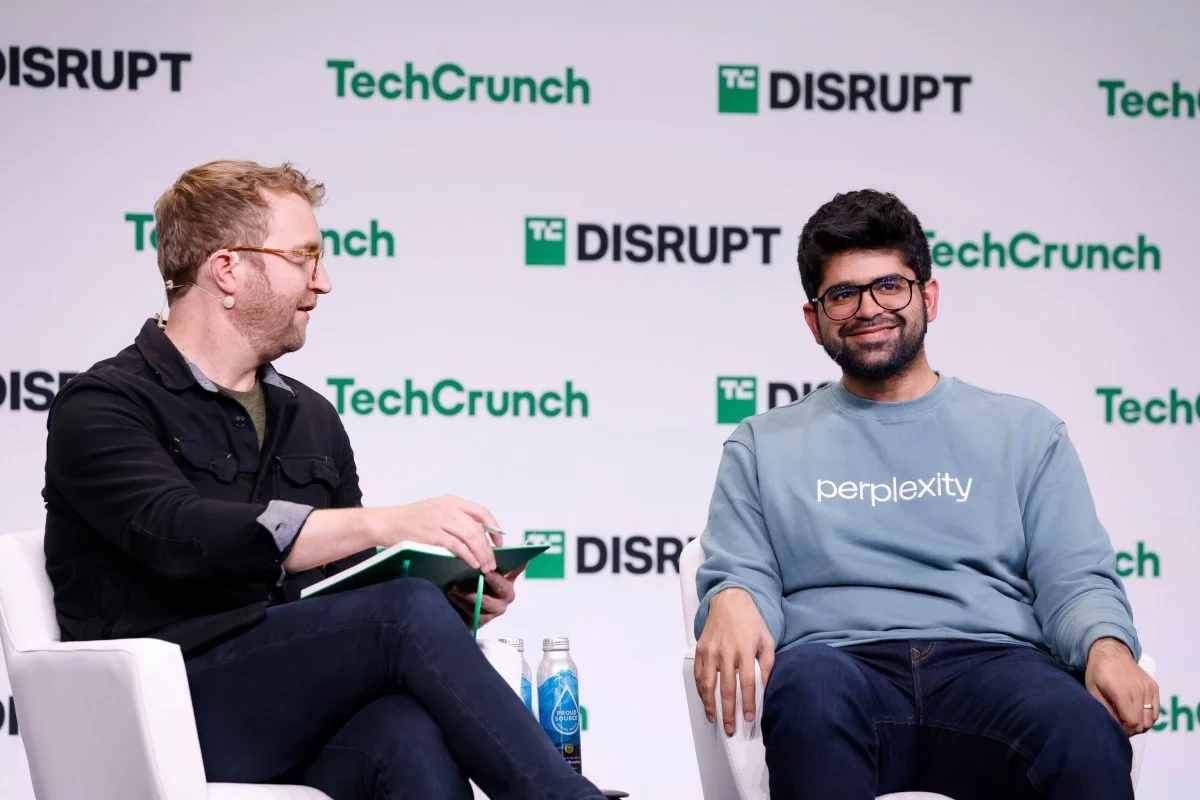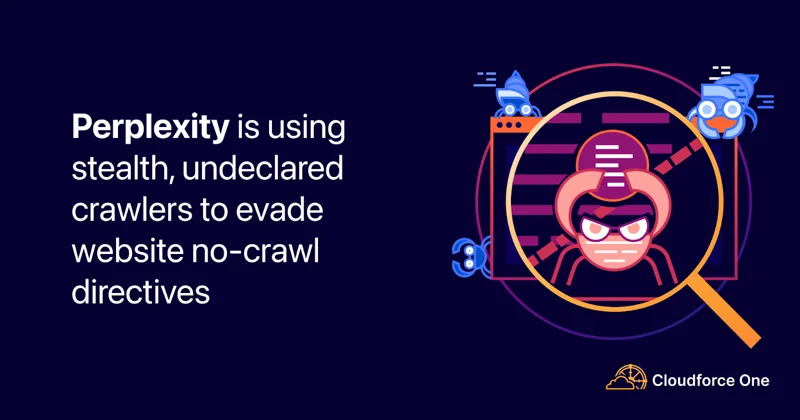Perplexity, an AI-powered search startup, has been accused by Forbes of content theft. Despite its significant backing from investors like Jeff Bezos' family fund, Nvidia, and Balaji Srinivasan, the exact nature of Perplexity remains ambiguous. CEO Aravind Srinivas has described it variously as an "answer engine," a combination of "Wikipedia and ChatGPT," and an "aggregator of information."
Perplexity claims to provide real-time, concise answers by pulling information from recent articles and daily web indexing. However, investigations by WIRED and developer Robb Knight reveal that Perplexity may be ignoring the Robots Exclusion Protocol to scrape content from websites without permission. This includes accessing restricted areas of sites like WIRED.com and other Condé Nast publications.
Despite its claims of providing reliable answers with complete sources and citations, Perplexity's chatbot has been found to produce inaccurate summaries and false information. For example, it incorrectly attributed a crime to a police officer in California and fabricated quotes. The chatbot sometimes closely paraphrases articles with minimal attribution, raising questions about its content generation methods.
Secretive IP Practices
Perplexity had published a list of IP addresses used by its crawlers but was found to be using unpublicized IP addresses to bypass restrictions. One such IP address, 44.221.181.252, accessed Condé Nast properties over 822 times in three months. This IP was linked to Perplexity through tests conducted by WIRED and Knight.
Perplexity appears to reconstruct summaries based on URLs and metadata rather than direct access to articles. This discrepancy between its claims and actual practices has contributed to its billion-dollar valuation. Srinivas responded to WIRED's inquiries by stating that the questions reflected a misunderstanding of Perplexity's operations but did not dispute the specifics of the reporting.
Forbes' Accusations and Perplexity's Response
Forbes accused Perplexity of republishing its exclusive reporting on Eric Schmidt's AI-powered drones. Srinivas acknowledged the issue, admitting the need for better source citation. He later claimed that Perplexity was Forbes' second-biggest referral source, a statement proven inaccurate by WIRED's records.
Revenue-Sharing Deals
Perplexity has been working on **revenue-sharing deals **with publishers to align long-term incentives. Forbes' general counsel has demanded the removal of misleading articles and repayment for advertising revenue from alleged copyright infringement.
In summary, Perplexity's practices of content scraping, inaccurate summarization, and misleading representations have raised significant ethical and legal concerns, despite its ambitious goals and substantial investments.











